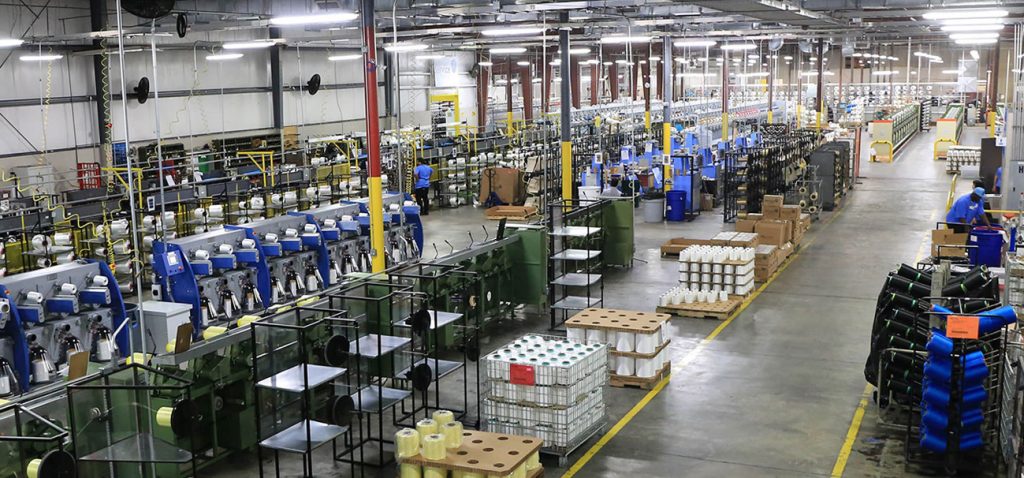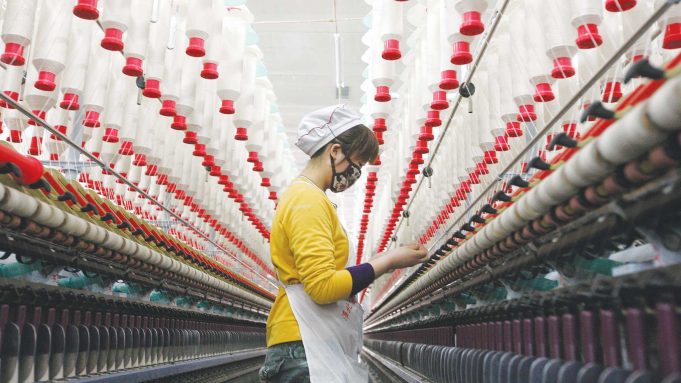When you have an idea for a product, bringing it to fruition isn’t as far-fetched as you might think. People do it every day, and it often turns out to be a successful product for them.
Many people opt to outsource their production and manufacturing overseas to China or other countries and work with companies like Rapid Direct to do so. There are advantages to this approach.
One advantage is the cost, but if you’re willing to outsource your production, you’re also going to have more options available to you in terms of things like materials and processes. The options for manufacturing a product in the U.S. can be somewhat limited.
Of course, there are downsides as well, such as the communication barriers, and the time lag that can occur because importing products from China.
In general, the following is a guide to working with Chinese manufacturers and some key points to keep in mind.

Finding a Company
You need to give yourself time—usually several months—to find a manufacturer. This is a company which is ideally going to be your partner in your production process, and you want to make a smart choice. Feeling rushed is going to prevent you from being able to do the necessary due diligence when you’re finding a manufacturer to work with.
When you are reaching out with potential suppliers, regardless of how you go about doing so, just start simple. Let them know the type of components you need, what they’re going to be made from, and what their use will be.
A manufacturer is probably also going to want to know what your expected minimum order quantity will be and what the turnaround time for that is.
If you need smaller orders, you may have to, as a result, work with smaller manufacturers.
If you have no idea where to start when it comes to finding a manufacturer, speak to people you know.
You may be surprised by how many people in your network will have recommendations for you.

Protect Your Idea
Before you even really start reaching out to companies in China, you should have protected your idea and your intellectual property. When even going into surface details with possible manufacturers, make sure you’re having them sign an NDA.
You’ll also likely need to consult a legal professional even before you contact manufacturers because they can help you understand more about protecting intellectual property and what’s right for you such as patents, trademarks, copyrights or a combination.
Cultural Considerations
A lot of U.S. entrepreneurs and businesses underestimate how many cultural differences will factor into their relationship with a Chinese manufacturer. Not having an understanding of Chinese culture and business practices can end up slowing down your production quite a bit.
Give yourself a crash course on Chinese culture, because it can help you understand nuances that might otherwise create obstacles for you.
Also, a lot of entrepreneurs will make the mistake of only communicating with their manufacturer via email.
This is impersonal, and it leaves a lot of room to misconstrue feelings and words on both sides. Try to make time regularly to communicate directly with a representative from your manufacturing company, whether that be by phone or on Skype or another video conference platform.
Much of the Chinese business culture is built around the idea of strong relationships.
It can be frustrating for U.S. businesspeople who are used to everything happening quickly, but if you can take the time initially to begin a solid relationship with your manufacturer, it will be worth it in the long run in most cases.
If at all possible, you should try to visit your overseas suppliers’ factory. This isn’t possible for everyone, but when it is, it helps you in your relationship and allows you to verify that everything a manufacturer has told you is true.

Always Verify Capabilities
Finally, in Chinese culture, there is a tendency not to say no. You may ask a possible manufacturing partner if they have experience with a certain product or material, and they may say yes even if that’s not the case. The idea isn’t dishonesty, but more than what they don’t know they can learn.
However, from a business standpoint, this might not be ideal. According to Forbes, you want to confirm and clarify everything before moving forward. Sometimes that can require asking questions in different ways or going more in-depth with your questions to really confirm whether or not what you need will be possible with the manufacturer you’re considering.









